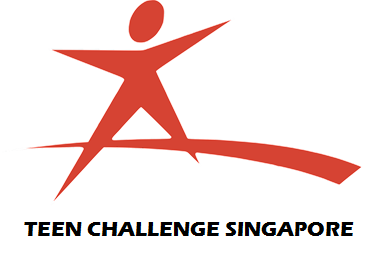History of Teen Challenge USA
In 1958, David Wilkerson read about a gang murder trial in New York. He began asking “Why isn’t someone helping this type of youth?” He started praying and Teen Challenge was birthed in those sessions of prayer.
He went to New York City to plead the case of the gang boys before the judge but was thrown out. This experience opened the door of the gangs to him and he became their friend, the “gang preacher.” During an evangelistic meeting in St Nicholas Area, Nicky Cruz and several other Mau Mau gang members surrendered their lives to God.
As he began to establish rapport with the other gang members, he found many serious problems among them. A gamut ranging from homosexuality and prostitution to hard core drug addiction seemed to be taking place in the midst of turf wars. He gravitated towards these issues and established a rehabilitation programme to meet the needs of the whole person.
His mission to reach out to these hardened young men with the love of God took him into the heart of Brooklyn, a notorious area marred by gang violence, drug addiction and prostitution. This call of God to the marginalised resulted in the establishment of the first Teen Challenge Centre in 1960.
From the first ministry in New York City, Teen Challenge spread throughout America and other parts of the world. It has now 1,200 programmes in 115 countries and is one of the most successful drug rehabilitation organisations in the world.
The documented story of Teen Challenge, The Cross and the Switchblade, has translated into 30 languages and has sold over 15 million copies around the world.
HISTORY OF TEEN CHALLENGE (SINGAPORE)
On 17 October 1976, Rev. Naomi Dowdy pioneered Teen Challenge (Singapore) under the auspices of the Assemblies of God. Since its founding, Teen Challenge has been advocating alternative sentencing to the marginalized community by identifying and providing solutions to their pressing needs. Teen Challenge is dedicated to serve individuals who have life-controlling problems with substance abuse, juvenile delinquency, street corner gangs, criminal behavior and other related social difficulties.





